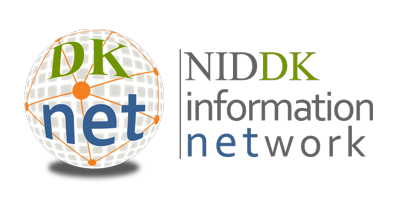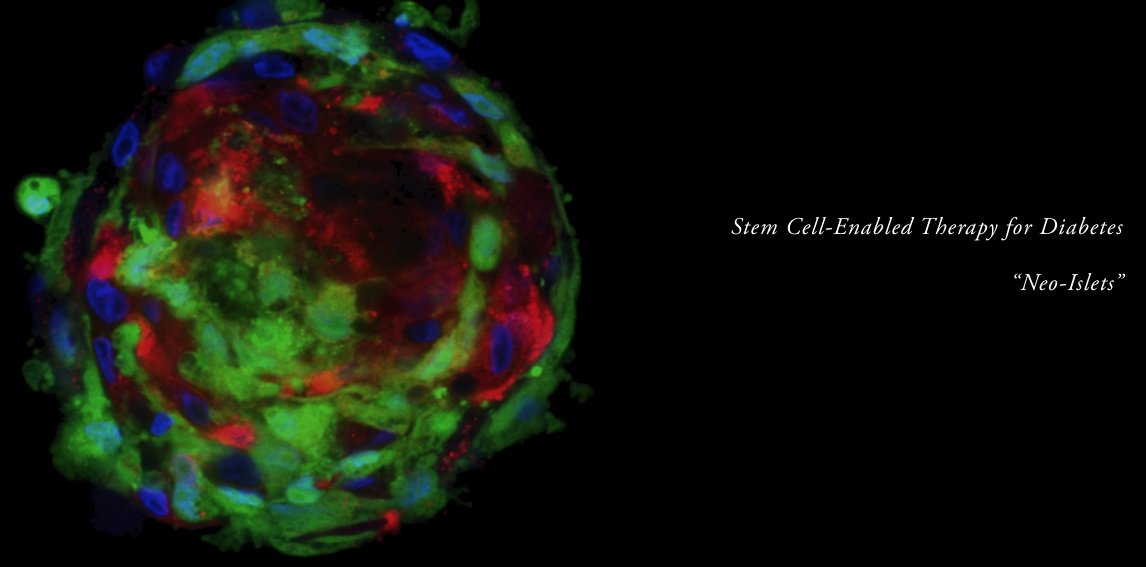Deep Dive: EC Scientist and R01 Grants

Deep Dive: EC Scientist and R01 Grants
By: Alex Parrott and Angela Yang
What is an R01 and Who gives them?
Out of all the research grants, the R01 is one of the oldest research grants that is still awarded to researchers by the NIH (National Institutes of Health). The typical grant is awarded to an institution or center for a specific research area (such as diabetic retinopathy or glucose homeostasis). It allows the recipient to conduct their research independently while being funded well enough for project completion, publication, and starting of the next application cycle. The average grant duration is anywhere from three to five years. For more information see: Parent FOA, PA-19-056.
Recipient Statistics
Many different medians report on the R01 distribution by the NIH, such as: NIH, dkNET, grantome, making it easy to categorize and analyze what areas are being funded.. For 2021, the NIH reported a total of 1,116 diabetes focused R01 grants and the top were (as reported in rePORT):
- University of Michigan at Ann Arbor (28 grants)
- Yale University (27 grants)
- Johns Hopkins University, University of North Carolina Chapel Hill, and University of California, San Diego (25 grants)
Out of the 1,116 grants, NIDDK (National Institutes of Diabetes and Digestive and Kidney Diseases) funded 57.17% of the grants while the NHLBI (National Heart, Lung, and Blood Institute) was the next biggest funder with 10.02%. In total (just reported by NIH) the funding for all of the projects exceeded $500 million. Other reporting companies such as dkNET and Grantome pull information from NIH but have a great way to search desired areas to find various recipients and grants
- dkNET
- dkNET offers many great databases and, as a whole, serves as a “one stop shop” for scientists looking to gather research information. The database topics are:
- Curated repositor of scientifics sources, antibodies, plasmid, cell lines, organisms, BioSamples
- dkNET offers many great databases and, as a whole, serves as a “one stop shop” for scientists looking to gather research information. The database topics are:
- Grantome
- Grantome shows older grants from previous years which is a good way to analyze previous funding and areas of interest.
Topics Being funded
NIH reports several recipients receiving at least 3 grants recently. Of those principal investigators, they were all at different universities and cover different areas:
-
- Ondine B Cleaver:
- Role of Afadin in 3D epithelial plexus morphogenesis and beta cell mass
- Molecular regulation of Rho and Ras family GTPase activity controls vascular lumen formation
- Renal vascular remodeling and arteriogenesis: cues from smooth muscle progenitor cells
- Fabio Cominelli:
- In 2020, a $6 million, five-year grant to support the Cleveland Digestive Diseases Research Core Center (DDRCC), which is a combined effort between Case Western Reserve University (CWRU) and the Cleveland Clinic Foundation (CCF).
- DDRCC:
- 34 full members and 18 associates over 15 departments.
- Focus: Digestive Inflammation and Metabolism
- Goals
- Enhance basic research capabilities of Center Investigators
- Develop and Implement programs to support the independent development of young investigators of their focuses
- Gather diversely experienced investigators to solve issues on their focus
- Facilitate translation of research discovered to clinical areas
- Leonard E Egede:
- Financial Incentives and Nurse Coaching to Enhance Diabetes Outcomes
- Lowering the Impact of Food insecurity in African American Adults with Type 2 Diabetes Mellitus
- Home DM-BAt: Home-based Diabetes-Modified Behavioral Activation Treatment for Low Income Seniors with T2DM
- Roberto Pacifici:
- Role of Gut Microbiota in Bone Mass Heritability and Skeletal Response to parathyroid hormone (PTH)
- Role of the gut microbiome in the bone loss induced by hyperparathyroidism in mice and humans
- Mechanisms of Bone anabolic and Anticatabolic Activities of Probiotics
- Nicholette Allred:
- Metabolomics of Neurocognitive Risk for Dementia in Diabetes
- North Carolina Diabetes Research Center
- Genetic and Epidemiological Predictors of Glucose Homeostasis Measures
- Identification and Characterization of Loci Associated with Non-alcoholic Fatty Liver Disease
- Ondine B Cleaver:
- Ronald Kahn:
-
-
- Interaction between genes, environment, the microbiome and metabolome in T2D and metabolic syndrome
- Developmental genes, miRNAs and adipose tissue
- Insulin Receptor Structure and Turnover
-
- Renu Kowluru:
-
-
- NADPH Oxidase, mitochondrial dysfunction and diabetic retinopathy
- Role of H-Raw in retinal cell death in diabetes
- Glycemic Control and Progression of diabetic Retinopathy
-
- Mara McAdams Demarco:
-
-
- Developing personalized immunosuppression for older kidney transplant recipients
- Hemodialysis-based interventions to preserve cognitive function
- Alzheimer’s Supplement to Hemodialysis-based interventions to preserve cognitive function
-
- Sean Colgan:
-
- Mechanisms of Adenosine Protection
- Hypoxia, HIF, and Mucosal Inflammation
- Metabolic Regulation of Inflammation by Microbial-Derived Short Chain Fatty Acids
Take Away
Funding is still being given out to many for diabetes-focused research, but has declined compared to previous years. As of 2020 less grants have been given out due to the effects of the Covid-19 Pandemic on all aspects of day to day life, including development and research. This will change soon! With The recent vaccine developments and guidelines the world will start to return to normal soon and with that more funding, more projects and hopefully more breakthrough in diabetes!
References
- dkNET. (n.d.). Grants.gov: Opportunity New Discovery Portal Search. dkNET. https://dknet.org/data/source/nif-0000-22393-1/search?q=R01+AND+diabetes+2021&l=R01+AND+diabetes+2021&facet%5B%5D=Agency%3ANational+Institutes+of+Health&per_page=100&sort=desc&column=Post+Date.
- Grantome. (n.d.). Grantome. https://grantome.com/search?q=R01+Diabetes+2021.
- JDRF. (n.d.). JDRF Funded Research. JDRF Grant Center. https://grantcenter.jdrf.org/funded-research/.
- NIH RePORT. (n.d.). RePORT 〉 RePORTER. National Institutes of Health. https://reporter.nih.gov/search/Xp9Ydfi2106BWwwZ6YxBjA/projects/charts?fy=2021&projects=Active.
- Nih, G. (2015, February 15). The Cleveland Digestive Diseases Research Core Center (DDRCC). Grantome. https://grantome.com/grant/NIH/P30-DK097948-01A1.
- NIH. (2019, February 27). NIH Research Project Grant Program (R01). National Institutes of Health. https://grants.nih.gov/grants/funding/r01.htm.
- NIH. (2020). PA-19-056: Research Project Grant (Parent R01 Clinical Trial Not Allowed). National Institutes of Health. https://grants.nih.gov/grants/guide/pa-files/PA-19-056.html.
- NIH. (2020, March 31). Comparing Popular Research Project Grants-R01, R03, or R21. National Institute of Allergy and Infectious Diseases. https://www.niaid.nih.gov/grants-contracts/research-project-grants






Responses